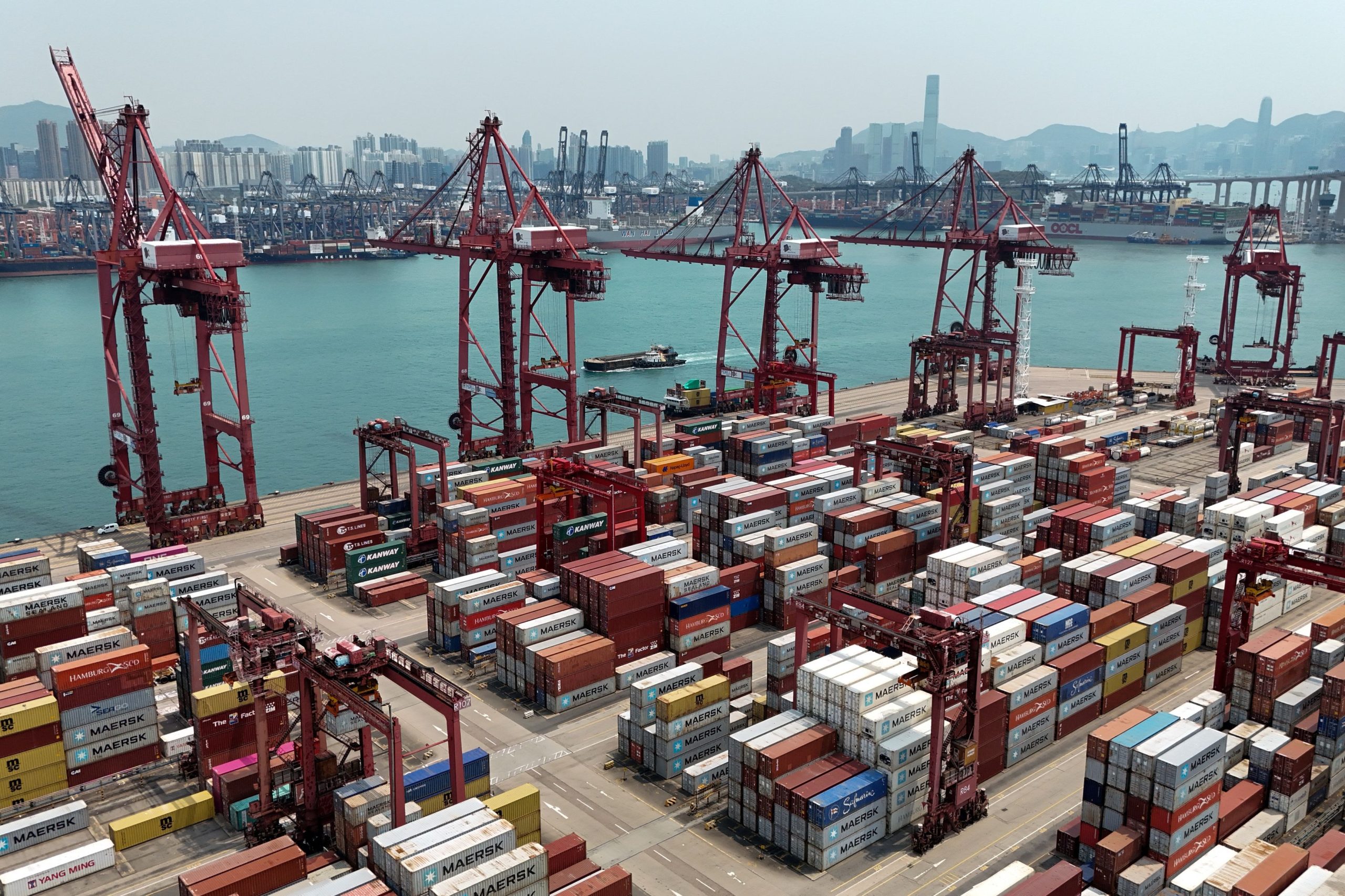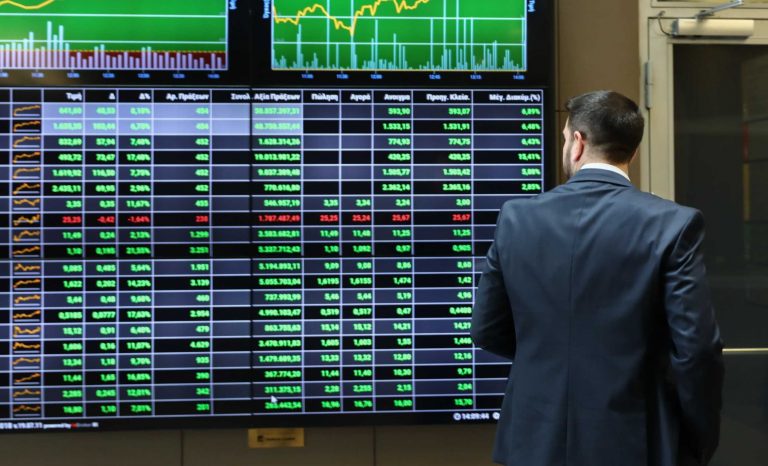The increase in tourist traffic combined with the inadequacy of the water supply network in various regions of the country, as well as the eating habits of consumers, in the context of a healthier lifestyle, played an important role in strengthening the demand for bottled water, giving a great impetus to the development of the sector in the last decades in our country.
Many small and medium enterprises
According to the conclusions of the ICAP CRIF Industry Study, the bottled water sector in Greece includes on the one hand a large number of small and medium-sized enterprises, and on the other hand some large-sized enterprises, which either deal exclusively with water bottling, or are active in the wider food and beverages sectors.
Larger businesses take advantage of the already established and organized sales and distribution networks of their products (such as juices and soft drinks), achieving economies of scale. At the same time, some companies also bottle water on behalf of third parties (private label products), which are also active in the wider food and beverage sectors. Finally, the number of importing companies in the sector is very small, while basically, their sales of the examined products are a small percentage of their total annual sales.
Changes to packaging
Significant changes have been made over the years in terms of the packaging of bottled water. In particular, PVC packaging has been replaced by the safer – and fully recyclable – PET type packaging, while the use of glass bottles has expanded, mainly in mass catering areas. Finally, in the two years 2020-2021, bottled water in paper packaging was released for the first time in Greece. The mentioned paper packages are in harmony with the need for sustainability and innovation, while at the same time protecting the water from solar radiation and air.
Stamatina Panteleou, Director of Economic & Sectoral Studies of ICAP CRIF points out that the domestic production of bottled water showed an upward trend in the period 2016-2019, while it suffered a decrease in 2020, as a result of the effects of the Covid-19 pandemic. In the following two years 2021-2022, domestic production returned to positive rates of change, marginally surpassing pre-pandemic levels.
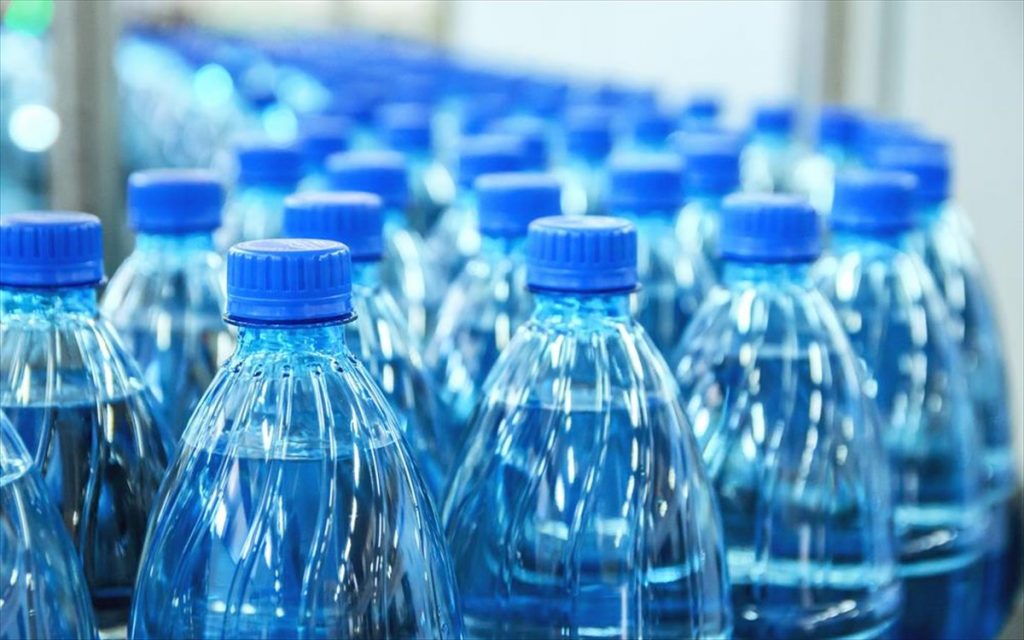
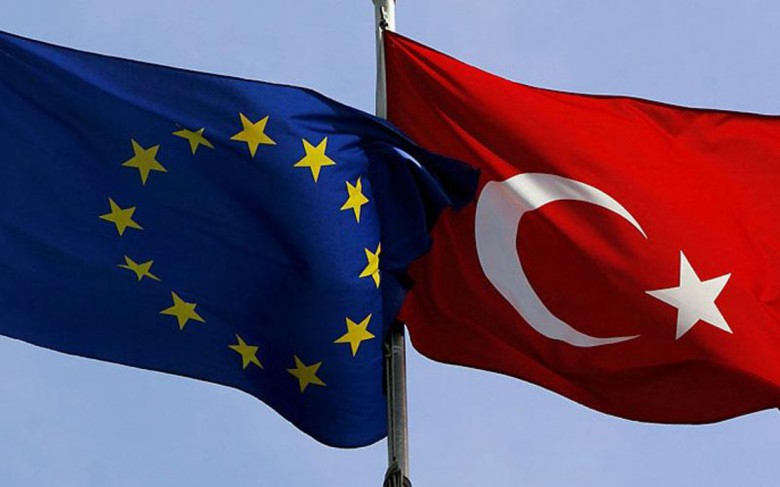

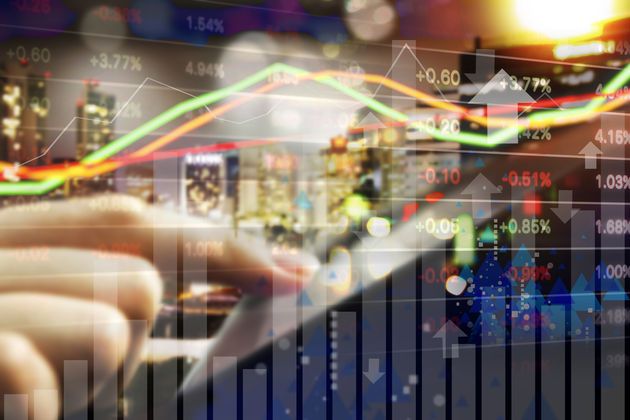







![Οι αλλαγές που υπάρχουν στα φορολογικά έντυπα για τα εισοδήματα του φορολογικού έτους 2024 από ακίνητα [Γ’ Μέρος]](https://www.ot.gr/wp-content/uploads/2025/03/akinita.jpeg)

